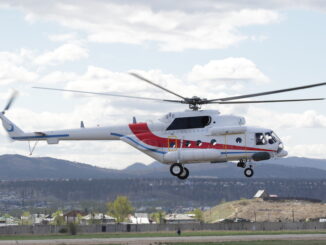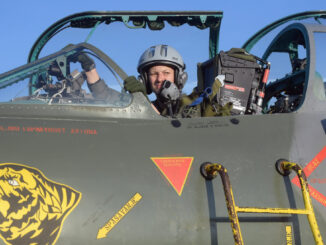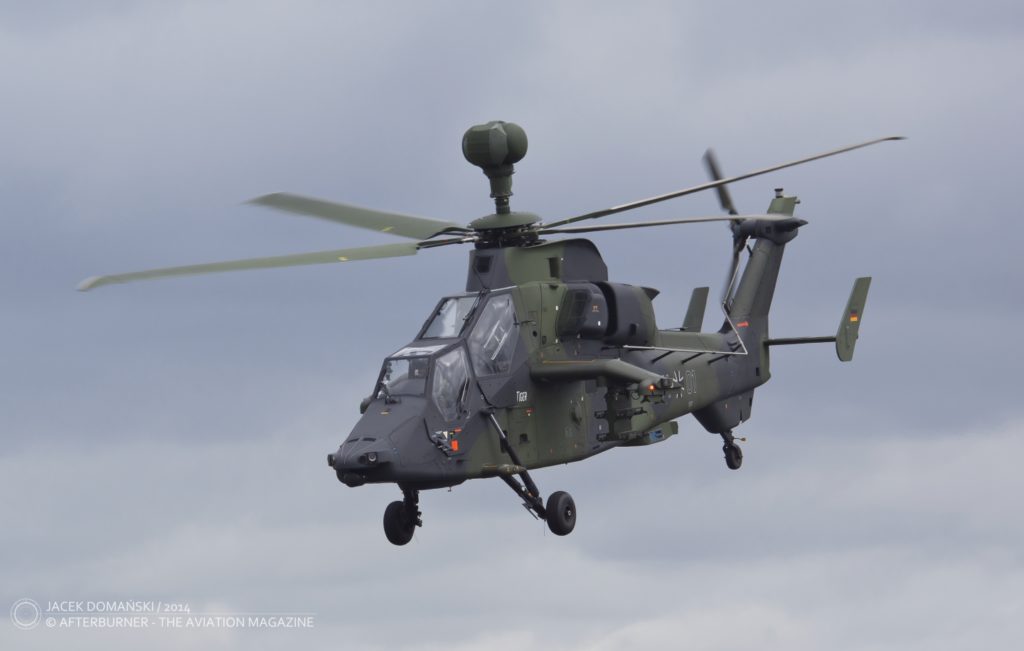 Two days ago, on 7th August, the Bundeswehr (German federal armed forces) ceased all operational and training flights of the EC665 Tiger fleet. This decision was caused by the safety warning issued by Airbus Helicopters, that the titanium bolt used in Airbus helicopters may show unusual weakness and, in consequence, a break of this element during the flight.
Two days ago, on 7th August, the Bundeswehr (German federal armed forces) ceased all operational and training flights of the EC665 Tiger fleet. This decision was caused by the safety warning issued by Airbus Helicopters, that the titanium bolt used in Airbus helicopters may show unusual weakness and, in consequence, a break of this element during the flight.
As the investigation performed by the Bundeswehr concluded, those titanium bolts are used in all Airbus (former Eurocopter) aircraft operated by the German armed forces, including EC665 Tigers, EC 135 and NH90. However, only in Tigers, the titanium bolts are part of the Main Rotor Control and cause the significant failure leading up to the crash.
The suspension of flights was ordered as the security measure, affecting both the EC665 only operational unit, Kampfhubschrauberregiment 36 in Friztlar, and the Franco-German joint helicopter training unit, Deutsch-Französisches Heeresfliegerausbildungszentrum. As a direct result, all 53 German Tiger attack helicopters were grounded and would have to be carefully inspected.
The Bundeswehr is operating the EC665 since April 2011, when the first units were delivered. During the eight years of service, the Tigers were deployed to Afghanistan (2012-2014) and Mali (2017). The helicopters are operated by Heeresfliegertruppe (German Army Aviation Corps), a branch of Heer – German land forces.
Two German EC665 were lost in crash, the first one in 2013 during the training flight in Germany, the second while flying the mission in Mali. And if the first crash meant just the lost of the aircraft and the crew was slightly injured, both crew members died in the second accident in Mali.
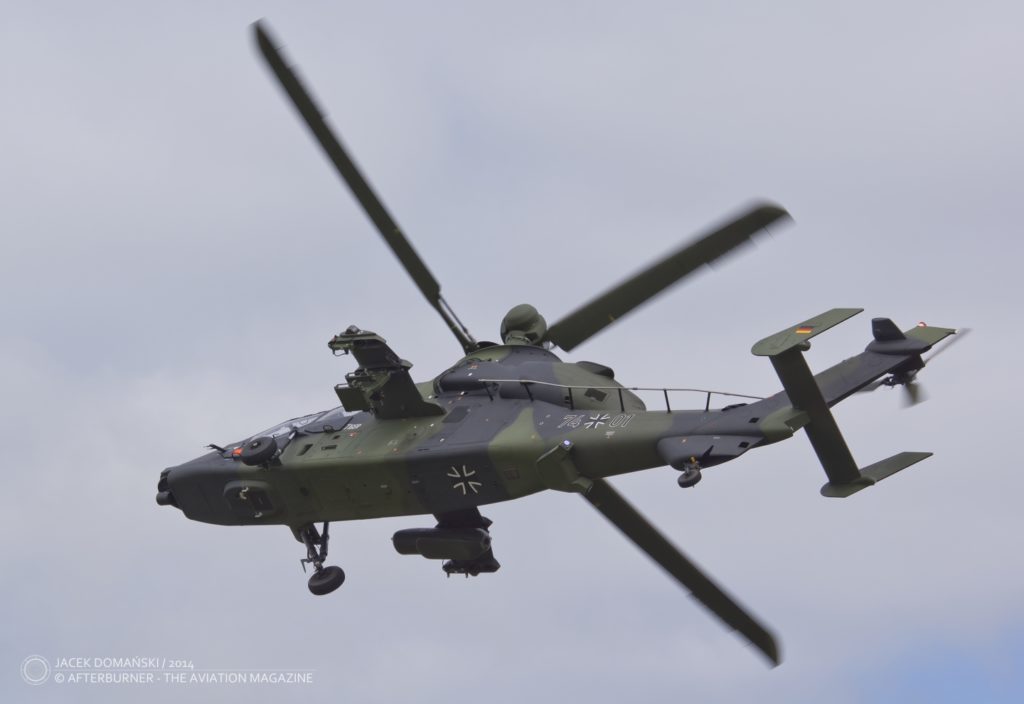
It is safe to say that Airbus Tiger doesn´t have a very good reputation. During its service in the Bundeswehr, the low availability of the operational aircraft was reported a few times already, together with the expensive maintenance per flight hour. Additionally, it was confirmed by the investigation the Bundeswehr performed, that the Mali crash was caused by the mistakes in the maintenance done by the Airbus technicians – on the main rotor. The manufacturer did not challenge this conclusion.
The same problems with EC665 – low availability and high maintenance cost – were already reported from Australia and caused that the government is now looking for their replacement. In July 2019, under the Land 4503 programme, the Capability Acquisition and Sustainment Group (CASG), a branch of Australian Department of Defence, issued the request for 29 new attack helicopters. The Tiger replacement should be delivered until 2026 and fully operational in 2028. Until now, the Bell Helicopter (with AH-1Z) and Boeing (with AH-64E) showed their interest in replying the Austrialian request. It should be also pointed, that Australian Tiger ARH (Armed Reconnaissance Helicopter) were delivered between 2004 and 2011 but became fully operational only by 2016.
Sadly, the grounded Tiger fleet is not the only problem the Bundeswehr is facing recently. The German armed forces are criticized by the government, additionally being a constant object of scorn and derision in the German and international media. The main reason is the low availability of the armed forces equipment, including the most sophisticated and advanced weapons – submarines, tanks and aircraft.
In February 2019 the government agency published a report showing the Bundeswehr in a very bad light. The parliamentary commissioner for the armed forces, Hans-Peter Bartels told during the press conference that ´the army’s readiness to deploy has not improved in recent years, but instead has got even worse. At the end of the year six out of six submarines were not in use. At times, not one of the 14 Airbus A-400M could fly.´
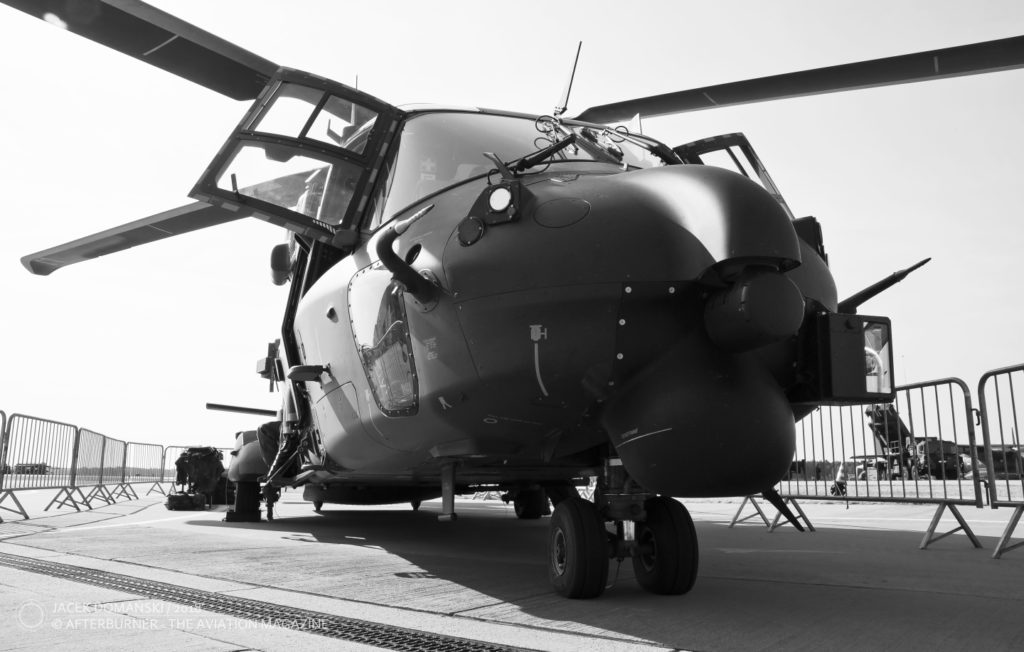
The current situation is not so bad as described in the report, however, Germany spent 37 billion EUR on defence in 2017, which was only 1.2% of the country GDP. And even not close to the NATO target of 2% GDP on defence.
It seems that the Bundeswehr condition would not be improved significantly in the following years. The German budget for 2019 reserved only 1.36% of GDP on defence and the budgetary plans for the future are lowering the defence spend consequently, with the 1.26% target in 2023.
In April 2019, during the public survey performed by the Infratest Dimap company, 53% of Germans voted against the increase of defence spending.
Cover photo: Airbus/Eurocopter EC 665 Tiger UHT, German Army (Heer), Kampfhubschrauberregiment 36


